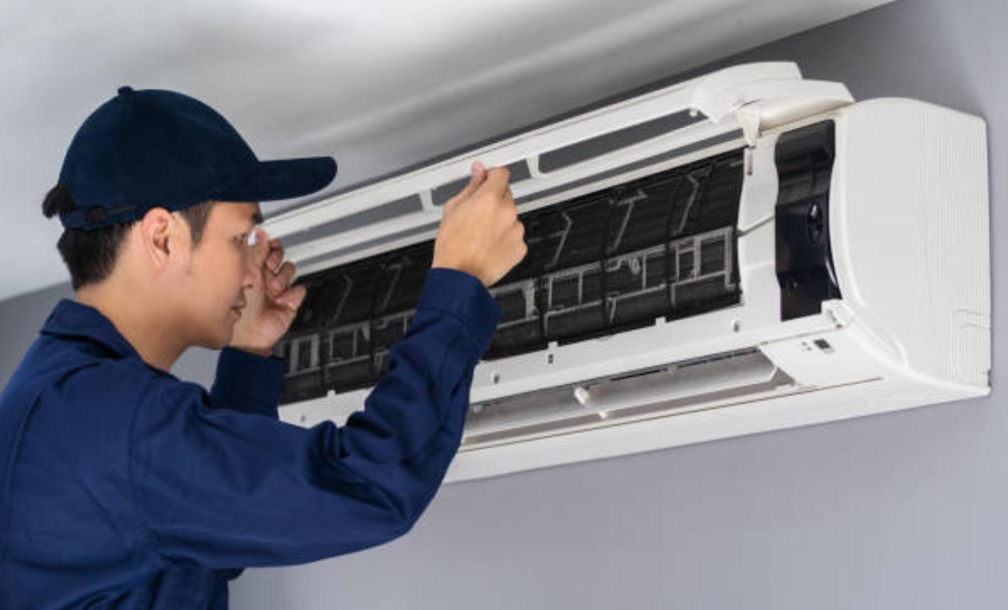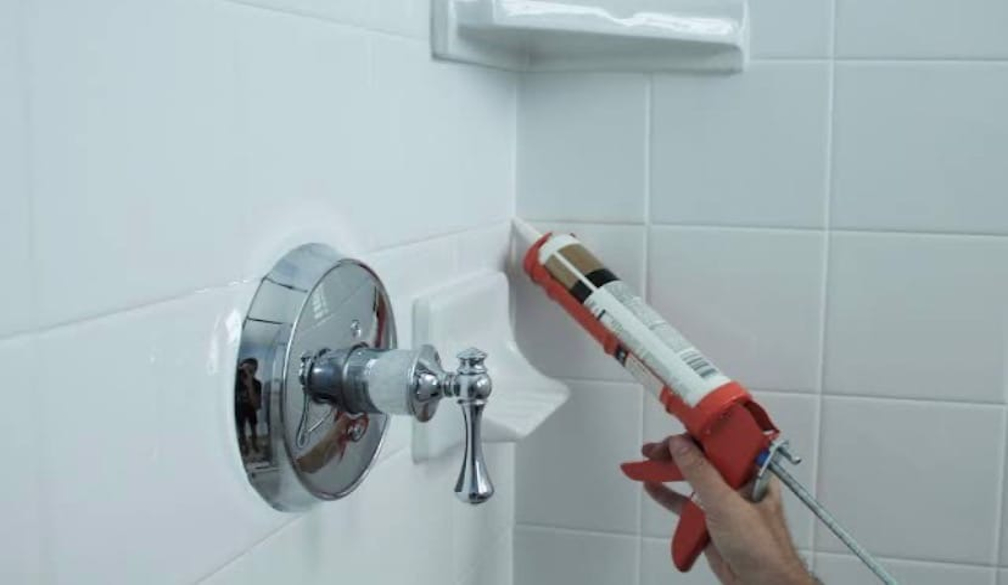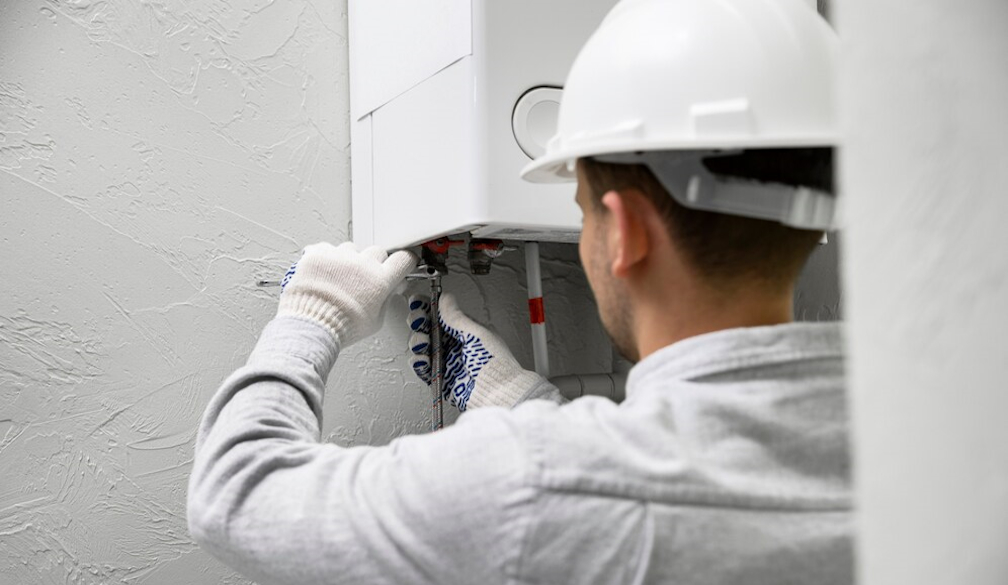Top tips for looking after your asphalt

Asphalt is a great material to use for driveways and other areas of your home. It's durable, low-maintenance and affordable. However, there are some things that you should be aware of when looking after your asphalt to ensure it looks its best for years to come.
Asphalt is an excellent building material but it does require regular maintenance to look its best
Asphalt is durable, waterproof and easy to clean. If care is taken to maintain it properly, asphalts can last for years without showing any signs of wear or tear.
Asphalt is a great choice for patios and driveways because it has low maintenance requirements compared with concrete surfaces.
Prevent stains with seal coating
Seal coating is a great way to help prevent staining and to protect the integrity of the asphalt. It is also beneficial for making your asphalt look newer whilst helping it to last longer. Seal coating is typically applied by professionals and when done regularly, you can extend the lifespan of your driveway drastically. It is much more affordable than having to replace the entire asphalt due to damage or old age.
Regular sweeping or hosing down of dirt, leaves and other debris will make your asphalt look as good as new
Regular sweeping or hosing down of dirt, leaves and other debris will make your asphalt look as good as new. Leave it to build up and you'll soon find yourself with a patchy surface that won't be easy to clean.
Sweep or hose it down after rain, but also do this before it rains to prevent the accumulation of dirt on your surface!
Clean up oil spills immediately
Oil spills can happen for several reasons and can cause major damage to asphalt logan if left untreated. If this happens on your property, here's what you should do:
Clean up any oil spill as soon as possible. Even if it's just a small puddle from someone else's car or truck, clean it up with absorbent material (like rags or paper towels). Use an appropriate cleaner to lift the oil stain as best as possible from the surface.
Prevent future spills by keeping an eye out for leaks in your vehicle—check under the hood regularly when things sound different than usual, like a rattling noise or strange smell coming from underneath the car.
Make sure any major cracks are repaired before you apply seal coating if you want it to last longer than one summer.
If you want your sealant to last longer than one summer, make sure any major cracks are repaired before you apply the seal coating Cracks can cause problems with the seal coating and allow water in. You should also make sure that any deep cuts or holes in your asphalt are patched as well, otherwise, they may cause leaks for months after being filled in.
To repair cracks and cut-outs, a layer of asphalt will be applied onto the surface using an asphalt roller or trowel. This should fill up large gaps between pieces of broken-up asphalt until all gaps have been covered over with new material.
To ensure your asphalt stays in optimal condition, avoid the following:
Parking or driving heavy machinery over it that isn't designed for such weight
Keep sharp objects off the asphalt
If the weather is extremely hot, avoid parking your car on the asphalt if possible
Avoid turning the steering wheel when the car is stationary
A good way to prevent indentations from forming in your asphalt is by placing timber or plyboard down when other heavy machinery will be parked on the asphalt. This can help to distribute the weight more evenly. This is particularly helpful if you need to store boats or caravans on the asphalt.
Asphalt is great but it needs upkeep to keep it looking amazing
To recap, here's how to make ensure your asphalt stay stays in optimal condition:
Keep the surface swept and clear of debris.
Hose down your asphalt at least once a month - in the summer months you will need to do this more frequently to prevent it from drying out excessively.
Seal your asphalt with seal coating as recommended by your contractor.
Repair any cracks or potholes immediately and fill them with an appropriate product. Alternatively, seek advice from an experienced contractor.
Watch out for signs of deterioration – the sooner you treat small issues, the less likely that they will become big ones.
My asphalt needs repairs, can I do it myself?
If there are only a few bad spots and they're relatively small, simply crack-filling them will probably be enough to keep water from intruding into your pavement. This is a quick, cheap fix that you can do yourself if you have the right materials on hand—just make sure that you're using the appropriate product for this type of repair. However, if the damage surpasses some minor alligator cracks and has large potholes or widespread damage, it's probably best to talk to a professional asphalt contractor. Typically when there is one large pothole, there will be others. The protective barrier has been compromised and as a result, water will infiltrate the lower layers. Once this has occurred, it can cause extensive damage underneath. It can go undetected for some time until more potholes pop up. An experienced contractor will be able to determine the extent of the damage and whether repairs will suffice or whether an entire replacement is a more economical and sensible decision.
Crack filler is a temporary measure, so if your asphalt needs repairs more serious than these, we definitely recommend hiring an expert contractor instead of trying to take on the job yourself.
Talk to South East Queensland's leading asphalt experts
So there you have it, our top tips for looking after your asphalt. We hope these will give you some inspiration to keep your driveway or patio looking great for years to come. If you are still not sure what to do with all this information, then we suggest talking to our friendly team at Colossal Allies Asphalt. We specialise in all things asphalt and consider ourselves experts in the industry. We install asphalt as well as see to repair work of varying complexities. Contact us today for more information.









